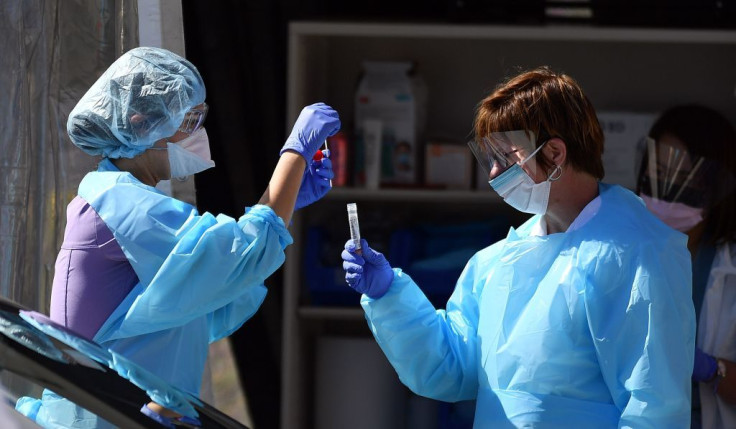
A recent report published jointly by two researchers emphasizes the increased evidence of mental illness among COVID-19 patients in the hospitals.
The report, published by Jonathan Rogers of University College London (UCL) and Edward Chesney of King’s College London, indicates the presence of a condition called delirium in patients referred to the hospital after COVID-19 outbreak was reported.
Delirium is characterized by short-term conditions such as psychosis, disorientation, confusion and hallucination, which, although temporary, can still frighten the patient. The two researchers, who work as psychiatrists, observed a surge in number especially after the COVID-19 outbreak has manifested itself in the U.K.
Signs such as cough, cold, fever and body pain are known to be the major symptoms of COVID-19. However, it has been reported that confusion affects as much as 20% of people in the hospital due to coronavirus infection, which is a huge number.
Previous outbreaks caused due to coronaviruses, such as 2002’s severe acute respiratory syndrome (SARS) and 2012’s Middle East respiratory syndrome (MERS), were linked to a higher incidence of mental illness in patients who survived the epidemic.
Rogers and Chesney revealed in the report published online that during these outbreaks, as many as 25 percent of people who suffered from infection experienced symptoms such as confusion, poor concentration and rapid mood swings -- all of which qualify as a sign of delirium. From the early data for COVID-19 patients, the psychiatrists confessed that the data looks similar to the previous outbreak when it comes to observing symptoms of one of the other mental illnesses in such patients.
This is a cause of concern because patients who experience delirium are twice as likely to die in hospital. Also, such patients tend to remain in the hospital for a long duration as compared to others with no signs of delirium.
Even though only limited data is available for COVID-19 patients, Rogers and Chesney have certain expectations as to what can be potentially anticipated in the near future when it comes to the proportion of patients who recovered from coronavirus but show signs of mental illness.
According to them, a few months after the SARS and MERS outbreak, as many as 15% of people had an anxiety disorder and depression each. Strikingly, the rate of post-traumatic stress disorder (PTSD) was reported in as many as 30% of those affected by the outbreak. Nearly, 19% of the patients still reported being suffering from fatigue, even after months of recovering from the infection.
When it comes to COVID-19, not all patients land up in the hospital. Most COVID-19 patients self-isolate at home and do not require hospital admission. The data being considered is only for patients in the hospital and therefore, applying these statistics to the current pandemic is difficult. Some people may show multiple disorders instead of one.
© 2025 Latin Times. All rights reserved. Do not reproduce without permission.




